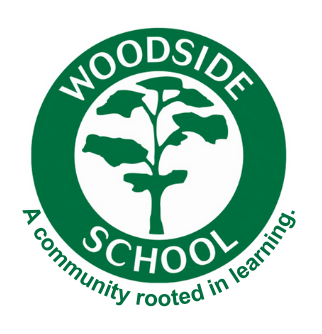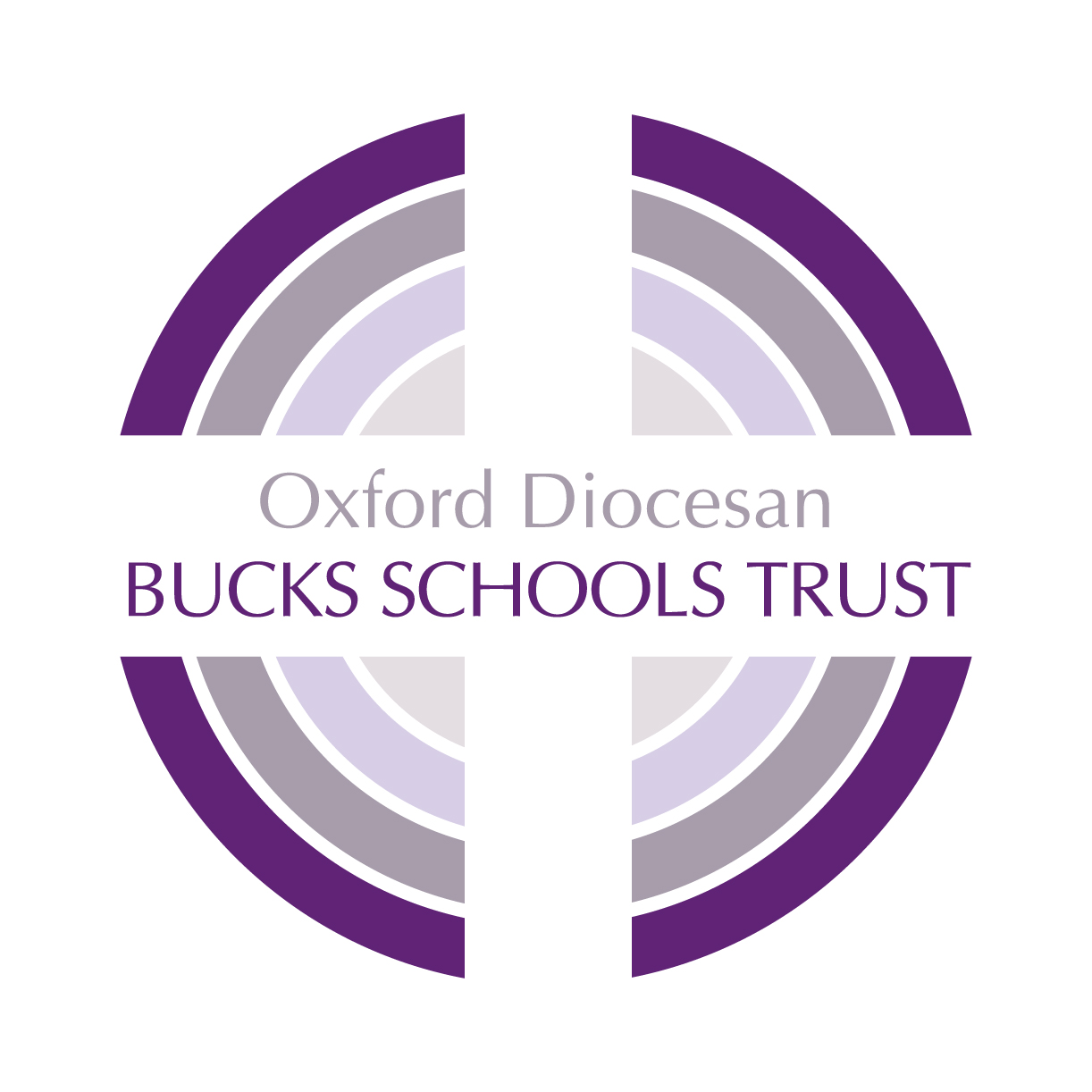Personal, Social, Health and Economic Education (PSHE)
PSHE education is a planned, developmental programme of learning through which children acquire the knowledge, understanding and skills they need to manage their lives now and in the future.
As part of a whole-school approach, PSHE education develops the qualities and attributes pupils need to thrive as individuals, family members and members of society.
Woodside’s PSHE education aims to give our pupils the knowledge, skills and understanding they need to lead confident, healthy and independent lives. A growing body of research states that when PSHE education is delivered well, it has the potential to boost pupils' life chances helping them to stay safe, improve their physical and emotional health and develop the character, resilience and skills they need to succeed academically and in the future work place.
Relationships and Sex Education (RSE) and Health Education aspects of PSHCE education are compulsory in all primary schools from September 2020.
Our RSE Policy is currently under consultation. A link to the current policy and the new policy marked "UNDER CONSULTATION) is at the bottom of this page. Please email any comments to office@wsd.odbst.org marked RSE CONSULTATION FAO MR LLOYD by 31.3.24.
Please note that no changes have been made to the way in which we deliver RSE as a result of this updated policy.
It is important that all children receive this content, covering topics such as friendships and how to stay safe. The Relationships Element to RSE is statutory; however, parents have the right to request that their child be withdrawn from Sex Education content.
Woodside Junior School follows SCARF (Safety, Caring, Achievement, Resilience, and Friendship) programme of study. SCARF's whole-school approach supports our school in promoting positive behaviour, mental health, wellbeing, resilience and achievement. It allows our school to fulfil its statutory requirements in relation to the RSE part of our PSHE curriculum.
Our aim is for our pupils to grow up healthy, happy and safe. Relationships and Sex Education is designed to equip our pupils with make informed decisions about their wellbeing, health and relationships as well as preparing them for a successful adult life.
Intent
We are facing unprecedented challenges- environmental, economic, social and political, coupled with technological advancement and accelerating globalisation. We also know that the COVID pandemic has impacted on the wellbeing of our young people. Our PSHE curriculum helps our pupils to navigate this uncertainty and prepare our pupils for life and work in a rapidly changing world. PSHE is a highly valued subject which helps our pupils to stay safe, both online and offline, improve their physical and emotional health, and develops character, resilience, academic attainment and employment prospects for all pupils.
We follow Corum Life Education’s SCARF programme. It is a whole school approach which repeats the same 6 broad topics each year. These are:
- Me and my relationships
- Being my best
- Rights and responsibilities
- Valuing differences
- Keeping myself safe
- Growing and changing
The knowledge and skills learned in previous years provide the building blocks for the more complex or challenging topics covered in years 5 and 6. We make explicit links to other curriculum areas including RE, English, Science, History and PE. We also identify the themes in each lesson. This way, teachers can make links back to previous lessons with similar themes. Examples of these themes include British Values, diversity, respect, stereotypes, racism, tolerance, bullying, gender, wellbeing, media influence, relationships and safety. Linking ideas across subjects, units and year groups allows the pupils to make useful connections and embed the key knowledge and skills in their long term memory.
Our curriculum helps pupils to develop the knowledge, skills and attributes they need to thrive as individuals, family members and members of society. PSHE education incorporates our school values and is a vital part of our pupils’ preparation for life in modern Britain, providing them with the information they need to deal with the responsibilities and challenges they will face as they grow up.
The fundamental British Values are woven into the PSHE curriculum and pupils learn about the democratic process and the acceptance of people with different faiths and beliefs. Pupils learn about stereotyping and to understand the difference between sex, gender, gender identity, gender expression and sexual orientation. They learn to value our differences and not be the cause of prejudicial or discriminatory behaviour.
Physical and mental well-being
Data from the Amersham Community Board Public Health Team recognises Amersham as one of the least deprived community boards in Buckinghamshire. However, ‘many Amersham residents experience poor physical and mental health’. Amersham has the 6th highest (out of 16) rate of emergency admissions for mental health in the county. ‘Limited access to publicly available green spaces and food poverty also play a role in the overall health of this community.’
With this in mind, our curriculum teaches the importance of physical wellbeing, including the benefits and importance of daily exercise, personal hygiene, good nutrition and sufficient sleep. Pupils learn the facts about legal and illegal harmful substances and the risks associated with smoking, alcohol and drugs. Pupils also learn the skills required to administer basic first aid. Key facts about puberty and the changing adolescent body, including the physical and emotional changes as well as the key facts about the menstrual cycle are also taught.
We provide pupils with the language and knowledge required to understand their feelings. Equipping them with this knowledge enables pupils to articulate how they are feeling and develop the language to talk about their bodies, health and emotions. We explore themes such as body confidence, personal growth and self-esteem and teach our pupils to celebrate their own uniqueness and talents and feel a sense of pride in their achievements.
Research suggests that pupils who are emotionally healthy do better at school. Our PSHE curriculum helps our pupils to achieve their potential by encouraging a growth mind set and tackling issues that can affect their ability to learn, such as anxiety and unhealthy relationships. We teach our pupils where to seek help if they are worried about their own mental health and reduce mental health stigma by teaching in an open and honest way.
Skills and aptitudes
PSHE helps our pupils to develop the skills and aptitudes, such as teamwork, communication, empathy, assertiveness, discussing, debating, cooperation, inquiry and resilience that are crucial to navigating the modern world and are increasingly valued by employers. The skills and attributes they acquire during their time at Woodside are intended to have a positive impact on academic performance and life chances, as well as being key to improving social mobility.
Safety
During their time at Woodside, pupils learn how to stay safe both online and offline. We educate the pupils about healthy, respectful relationships and explore families and friendships. Through our relationships education, the pupils learn about bullying, stereotypes and respecting differences. Our pupils learn about boundaries and the differences between appropriate and inappropriate physical contact and how to recognise and report feelings of being unsafe. The NSPCC’s Talk PANTS theme is discussed in an age-appropriate way in each year group and provides our pupils with the information they need to help keep them safe from sexual abuse.
Rights and responsibilities
Our curriculum teaches children about rights, responsibilities and duties. They learn to navigate the complex nature of the media and to differentiate between fact and opinion. The pupils learn about managing money and ways to help protect the environment both at school and in the wider world. They learn what being a part of a community means and make real-life contributions to the local community, for example through regular food bank collections and recycling initiatives with Amersham Town Council.
Implementation
Lessons allow for rich discussions around topics using resources such as stories, videos, books, pictures and flash cards as a stimulus. Teachers will link the learning to current affairs where appropriate, for example climate change topics in the news or local and national elections. Lessons are often multi-part- allowing time for the pupils to gain new knowledge, discuss and debate, reflect, record and make connections between what they are learning and their own lives. Teachers model these skills, giving the pupils the confidence to apply them for themselves.
We have supplemented the SCARF programme with a number of high quality children’s books which prompt further discussion and opportunities for learning. These books explore themes such as gender identity, bullying, inspirational people, ‘perfection’, identity, families and tolerance.
Most importantly, our teaching draws on what is going on day-to-day. Worry boxes in each class give the pupils a way to share any anxieties or concerns relating to their own or their peers’ wellbeing. Pupil voice surveys also give teachers and leaders and insight into how children feel about the PSHE curriculum. This information, as well as any other issues that occur on the playground or in class, may be picked up in lessons and explored. Online safety is taught through the PSHE curriculum, but also during ‘Internet Safety’ days and each year we take part in Children’s Mental Health week with a range of stand-alone lessons, assemblies and activities.
Impact
We assess the children’s knowledge and understanding at the beginning of each topic through using a ‘draw and write’ 1 pager technique. At the end of the unit, pupils add what they have learnt to the page. This allows teachers, at the beginning, to assess what the children already know; how they are already making sense of an issue; any misconceptions; and any gaps in knowledge. At the end, teachers are able to check that the pupils have learnt what has been taught. During lessons, teachers also plan for opportunities to assess pupils’ skills and strategies as well as attributes and attitudes.
At the end of a unit, each teacher highlights key statements for the whole class. This information is passed on to the next teacher to give them a picture of where, on the whole, that class is in terms of their knowledge and skills in PSHE.
Quality teaching in PSHE equips our children with the knowledge, skills and attributes they need to navigate their everyday life at school, in the community and wider world and equips them for the start of their journey into KS3.
Relationships Education
Relationships Education will put in place the building blocks needed for positive and safe relationships, including with family, friends and online. Our pupils are taught what constitutes a healthy relationship and friendship. In an age-appropriate way, our class teachers cover how to treat each other with kindness, consideration and respect.
Health Education
Health education aims to give our pupils the information they need to make good decisions about their own health and wellbeing, to recognise issues in themselves and others, and to seek support as early as possible when issues arise.
Sex Education and PSHCE (Primary)
We believe that pupils should be given the opportunity to access a curriculum which prepares them for the changes that adolescence brings. We are choosing to provide our pupils with a sensitive, age appropriate curriculum which includes the components of Sex Education.
At Woodside Junior School, we will teach the Sex Education components of RSE during our PSHCE lessons. However, if you are not happy for your child to take part, you have the right to withdraw them from any or all of it. We will then make alternative arrangements for your child for the duration of the teaching. If you would like to withdraw your child from Sex Education, please speak to Mrs Milner (Headteacher) or Mrs Harrison (Deputy Headteacher)

